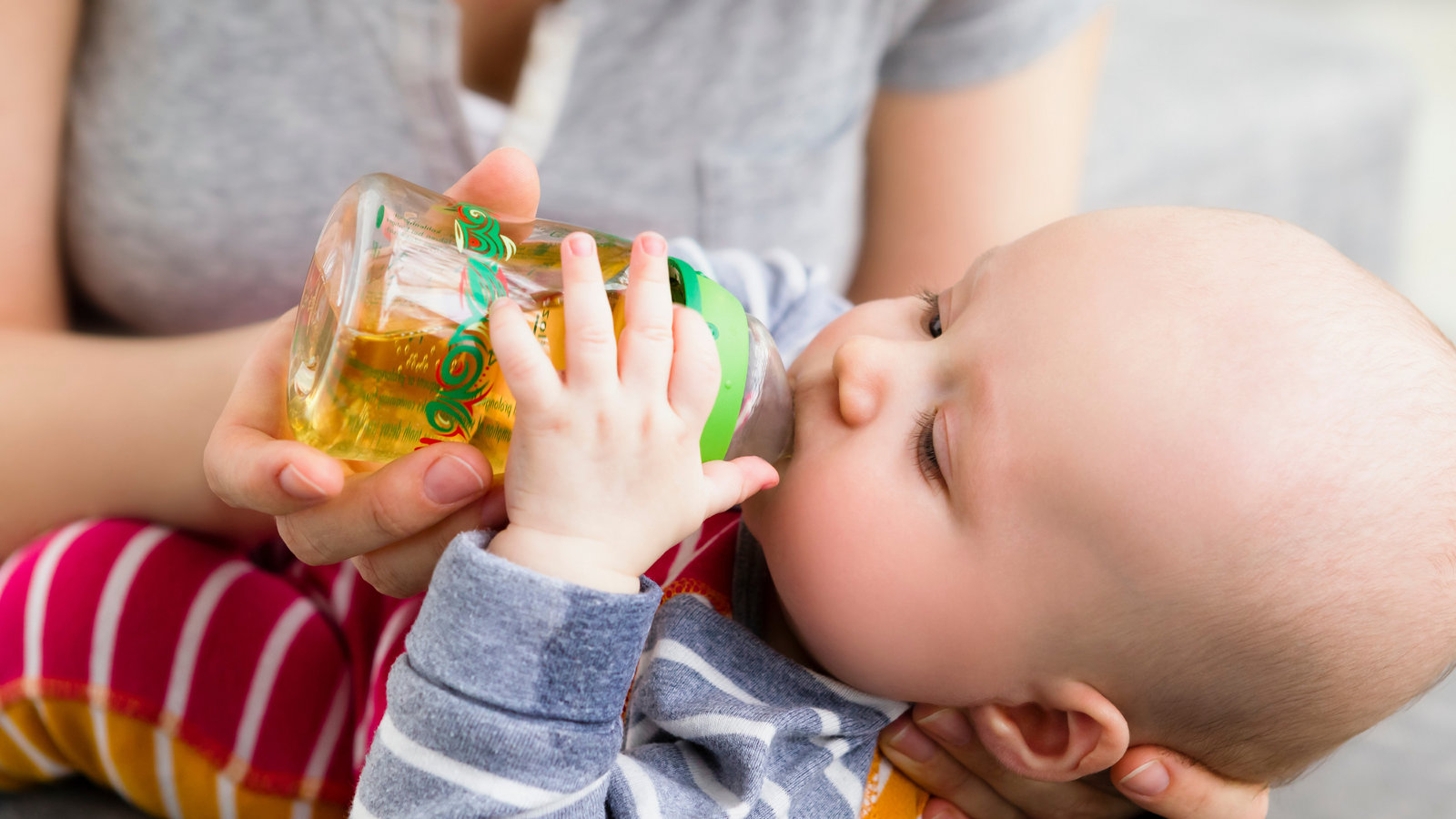A recent study conducted by researchers at NYU School of Global Public Health examines food labeling with a precise focus on children’s fruit juices and concludes that the majority of the nutritional information given on them is not useful as it does not list all the ingredients present in the drinks.
At the moment, Standard American Diets are deemed among the unhealthiest diets in the world. The major reason for this is that the larger portion of the diet consists of ultra-processed foods and sugary carbohydrates, both of which are known to be harmful to health.
Researchers and health experts have linked the current diets to health conditions including metabolic disorders like diabetes type 2, obesity, and even heart disease. The diet not only affects adults but also children.
The cases of obesity have risen dramatically in children in the past decade. Experiencing obesity in early childhood means that the affected child is also more likely to develop heart disease or type 2 diabetes in the future.
RELATED: CDC Update States Children Should Also Wear a Face Mask
Therefore, health experts have specifically highlighted the need for improved diets not only in adults but also in children. Parents are advised to opt for fruits, green vegetables, and grains when choosing to cook food for their children.
On the other hand, refined and processed sugars should be particularly avoided. According to the research present on children’s diets, despite the advice of steering clear from artificial and refined sugars, it is present in the majority of the children’s diets.
The added sugars in children’s diets have been noted to come majorly from the consumption of fruit juices.
The new research, whose findings appear in the American Journal of Public Health, suggests that the reason for this may be the labels on the fruit drinks that are made more for the purpose of promoting marketing rather than catering to the needs of parents and children.
The regulation of labels on drinks as well as food, in general, is done under the U.S. Food and Drug Administration. However, the regulations still permit a number of different names alternatives, imagery, and claims on the items.
Many times, the names used in the labels or even the imagery does not show the actual ingredients in the specific drink or any other food item. According to the researchers, over sixty percent of the fruit juices drinks enlist added sugars with a positive claim for them.
In addition, around one-third of the fruit juices do not even contain the fruit or flavor of the fruit used in the imagery of its box, bottle, or any other packaging.
Therefore, the researchers urged the FDA to reconsider its regulations for fruit juices as it may be contributing to children’s health conditions including obesity and type 2 diabetes.
Stricter regulations can help parents choose the right options and make their children’s diets healthier. Otherwise, parents can only tell which drink is healthy or not via a very thorough examination of food labeling and knowledge of names, claims, and alternatives.
The leading author of the study and assistant professor of public health policy and management at NYU School of Global Public Health, Jennifer Pomeranz explains the research in the words:
“We identified numerous labeling practices that obscure the true nature of drinks trying to pass as juice, blurring the distinction between drinks that are acceptable for children and those containing added sugar or sweeteners,
She concludes the study in the words “The FDA should make it easier for consumers to tell what products are healthy for children—without having to carefully inspect the nutrition panel and decipher each ingredient on the back of the package,”


